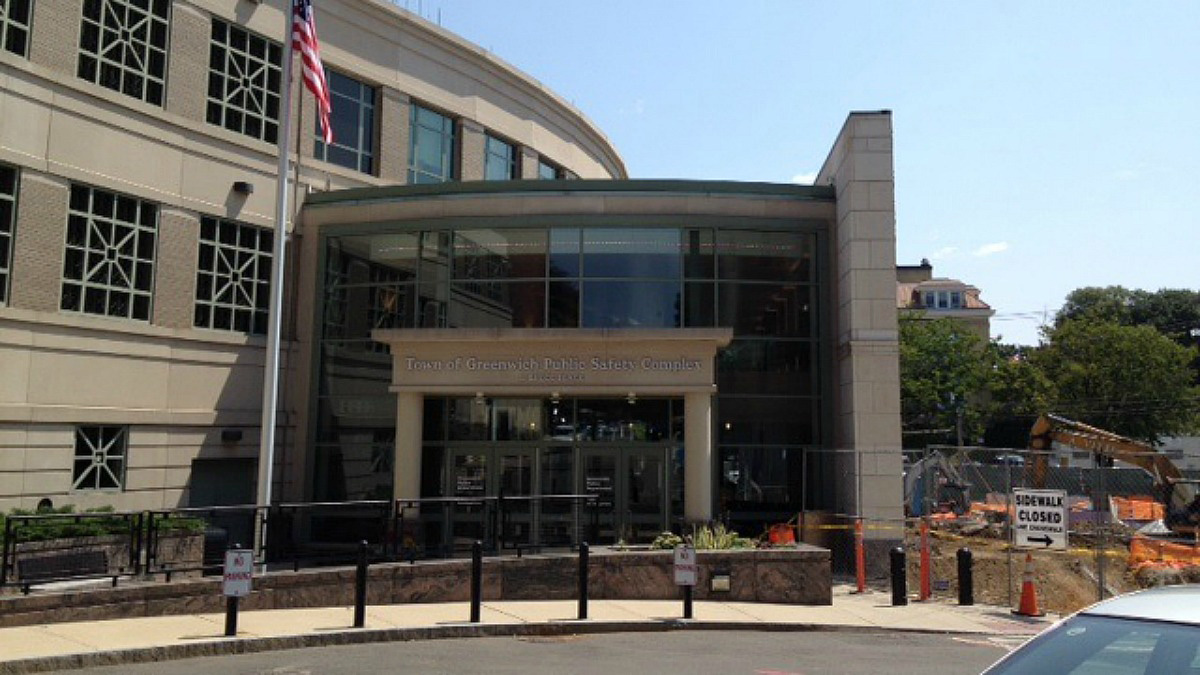There are growing concerns following the recent deaths of two bald eagles in Connecticut.
A rehabilitation center says it knows what is poisoning the birds and it’s calling on the state to act.
At A Place Called Hope in Killingworth, Director Christine Cummings helps to care for sick or hurt birds of prey, including recently this bald eagle from Bloomfield.
“His body condition was so bad we didn’t think he’d survive the first two or three nights,” said Cummings.
Get top local stories in Connecticut delivered to you every morning. Sign up for NBC Connecticut's News Headlines newsletter.
But sadly he passed away a few weeks later. And it happened not long after the death of a bald eagle found in New Hartford.
“It’s shocking. We see a lot of death here at our center. But the American bald eagle we’re used to getting them in with situations we can fix. And this has been devastating for us,” said Cummings.
The organization says both eagles and dozens of other birds tested positive for stuff from basically rat poison.
Local
It’s actually called Second Generation Anticoagulant Rodenticide, or SGARS.
“What we are finding with these SGARS is they are incredibly powerful,” said Sen. Christine Cohen (D–Branford).
Right now, a bill in the state Senate would truly restrict the use to pest management companies. But Cohen says that does not go far enough.
“We really believe there needs to be a full ban in place to adequately to protect our wildlife across the state,” said Cohen.
A potential ban has faced opposition. In a letter to lawmakers, the Connecticut Pest Control Association says a ban would end “the use of the most effective and affordable means of preventing rat infestations.”
But wildlife advocates believe there are other treatment options. Then they say birds won’t end up picking up the dangerous chemicals from rodents.
“This is so unnecessary and so preventable,” said Cummings.



